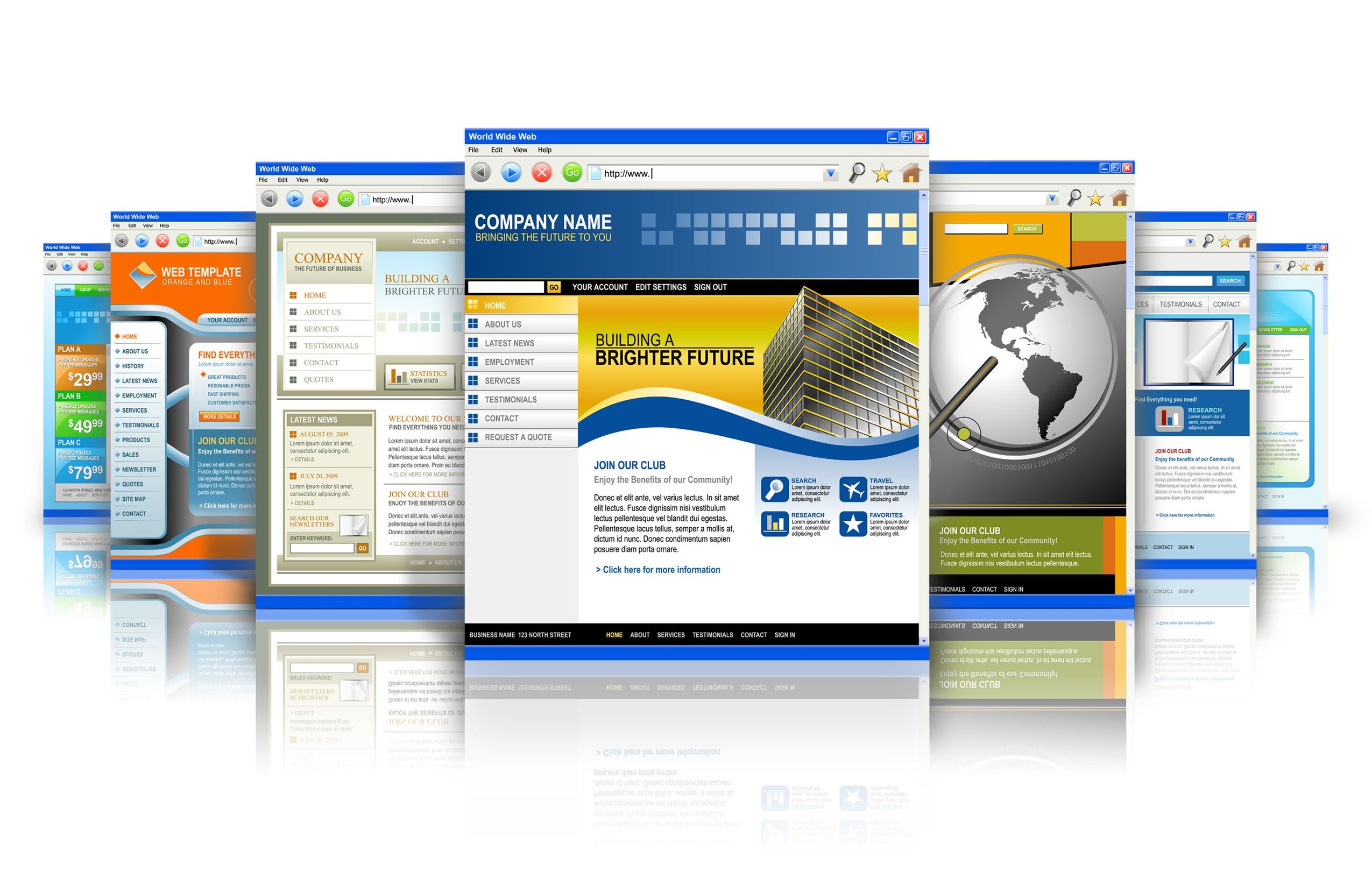Those who build and put up web sites are spoiled for choice when it comes to creating the look. For those who can pay, hiring a professional web design firm is one way but not everyone can or wants to pay the price. Many companies who host websites and even web designers offer their clients site-builders or templates to get their site up and running quickly and inexpensively. Those who are running e-commerce web sites have very different demands than those required by people launching a personal site. In cases like this webhosts can offer their e-commerce client’s templates which are designed for the job, however, for those who really want to make a statement use Magento® themes which have been specifically designed for the purpose.
Many e-commerce templates are plain vanilla, they are aimed at any business, it matters little what the product or service is. Other’s who own ecommerce sites are focused; restaurants, florists, auto parts, etc. The templates that are used for these and other business will often us Magento® themes which of course cost money, but they focus and target the customer in a unique manner.
Many ecommerce web sites have similar needs, the features one finds on one site are often found on most sites. It is important to have catalogue pages which show and describe the products which are for sale, shopping carts, account management for the customer base, sections for new, featured or discounted items and site search are but a few. Many sites will allow the site to be displayed by product or price or other quantifiable feature. As well as all the content which is oriented to the product, there are pages dedicated to About – Contact – FAQ and others.
Besides the standard template, the term itself, “e-commerce template” is commonly used to describe web sites which have other names as well. In many cases there are adaptations of WordPress® that are also called themes that can be adapted for e-commerce sites.
Templates that are designed for and used on e-commerce sites have pre-set elements that the owner of the site can change. Basic templates usually have set pages and if the owner does not wish to use these names he will usually opt for Magento® themes which are customizable.




